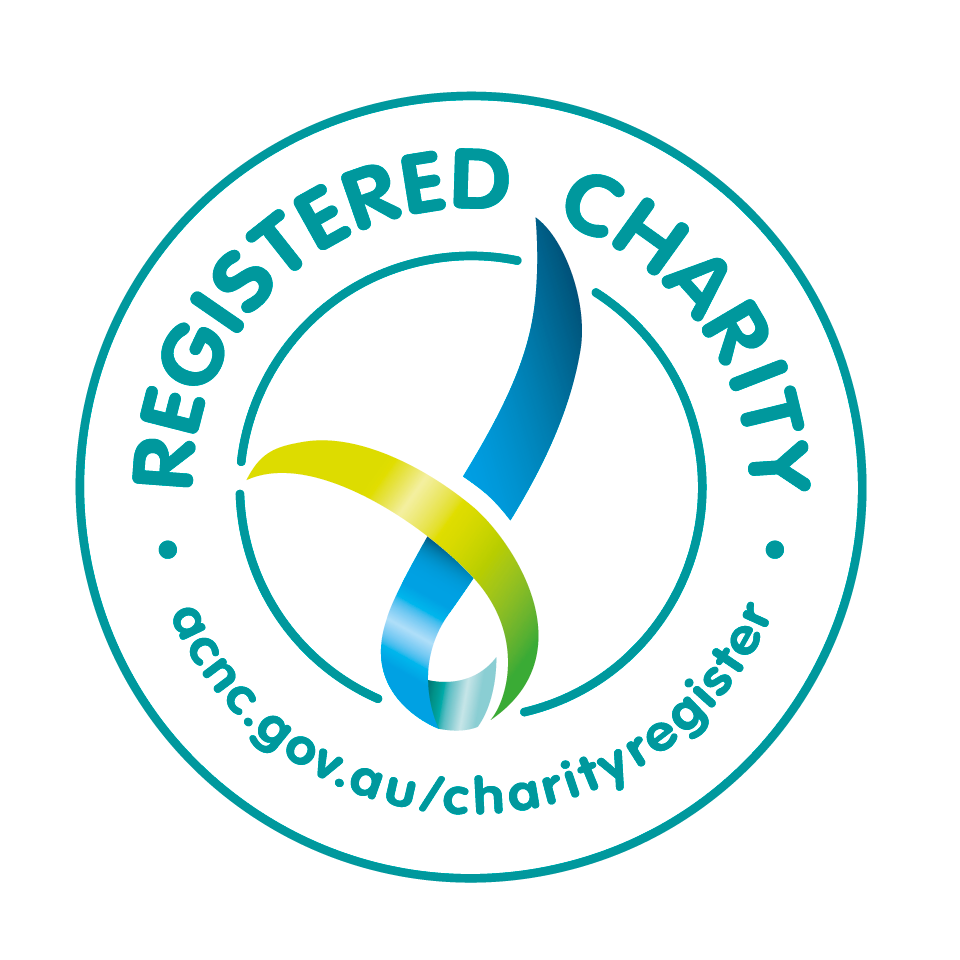
**"You Determine Your Outcomes" - How to Have Better Mental Health**
We've all heard the saying: "When one door closes, another one opens." But this phrase holds more depth than we might initially realize.
The full quote by Alexander Graham Bell adds valuable insight: "When one door closes, another opens; but we often look so long and regretfully upon the closed door that we do not see the one which has opened for us. Defeat is nothing but education; it is the first step towards something better."
This perspective is essential for mental health. Failure isn't the end—it's a stepping stone toward success. In fact, research supports that viewing failure as an opportunity to learn can significantly improve resilience and overall well-being. Psychologists refer to this as a "growth mindset," a concept popularized by Dr. Carol Dweck. When you believe that your abilities and intelligence can be developed through dedication and hard work, you’re more likely to embrace challenges and persist in the face of setbacks .
Accountability is another critical element of success. Without it, we may find ourselves stuck in repetitive cycles, making the same mistakes over and over. Holding yourself accountable means recognizing where you've gone wrong and actively working to correct it. This mindset is essential for growth, as it empowers you to take control of your life and your future. Research in organizational behavior also highlights the importance of personal accountability, linking it to improved performance and achievement .
Your perspective on life truly determines every outcome in every situation. If you're having a bad day and choose to focus on the negatives, your day will likely continue on that path. However, if you consciously decide to find the good—even in small things—you can shift your entire experience. This idea is rooted in positive psychology, which suggests that intentionally focusing on positive aspects of life can improve mood and reduce stress. Dr. Barbara Fredrickson’s "broaden-and-build" theory of positive emotions also supports this notion. It posits that positive emotions broaden your awareness and encourage novel, varied, and exploratory thoughts and actions, which in turn build your resilience and psychological resources over time .
Choosing happiness and moving forward isn't always easy, but it's a choice that has the power to transform your life. It's not about ignoring the bad—it's about finding balance and giving yourself the opportunity to see the good as well.
Remember, the way you frame your experiences and the accountability you take for your actions can determine the trajectory of your life. When you encounter challenges, view them as opportunities for growth. When you face setbacks, use them as lessons to propel you forward.
The power to choose your path is in your hands.
*Benkei*
---
### Academic References:
1. **Growth Mindset**:
- Dweck, C. S. (2006). *Mindset: The New Psychology of Success*. Random House. This book introduces the concept of growth mindset and how it can impact personal development and success.
- Yeager, D. S., & Dweck, C. S. (2012). Mindsets That Promote Resilience: When Students Believe That Personal Characteristics Can Be Developed. *Educational Psychologist*, 47(4), 302-314. This study examines how adopting a growth mindset can enhance resilience.
2. **Personal Accountability**:
- Williams, J. M., & Anderson, S. E. (1991). Job Satisfaction and Organizational Commitment as Predictors of Organizational Citizenship and In-Role Behaviors. *Journal of Management*, 17(3), 601-617. This research highlights how personal accountability can lead to better performance and success.
- Kelley, H. H., & Thibaut, J. W. (1978). *Interpersonal Relations: A Theory of Interdependence*. Wiley. This work discusses the importance of personal responsibility in relationships and its effect on outcomes.
3. **Positive Psychology and Perspective**:
- Fredrickson, B. L. (2001). The Role of Positive Emotions in Positive Psychology: The Broaden-and-Build Theory of Positive Emotions. *American Psychologist*, 56(3), 218-226. This theory suggests that positive emotions help build psychological resilience and resources.
- Lyubomirsky, S., & Della Porta, M. D. (2010). Boosting Happiness, Buttressing Resilience: Results From Cognitive and Behavioral Interventions. In J. W. Reich, A. J. Zautra, & J. S. Hall (Eds.), *Handbook of Adult Resilience* (pp. 450-464). The Guilford Press. This book explores how cognitive and behavioral interventions can enhance happiness and resilience.
These references will provide a solid foundation for your article, ensuring that your insights are backed by established research in psychology and behavioral science. Let me know if you'd like to explore any further!

